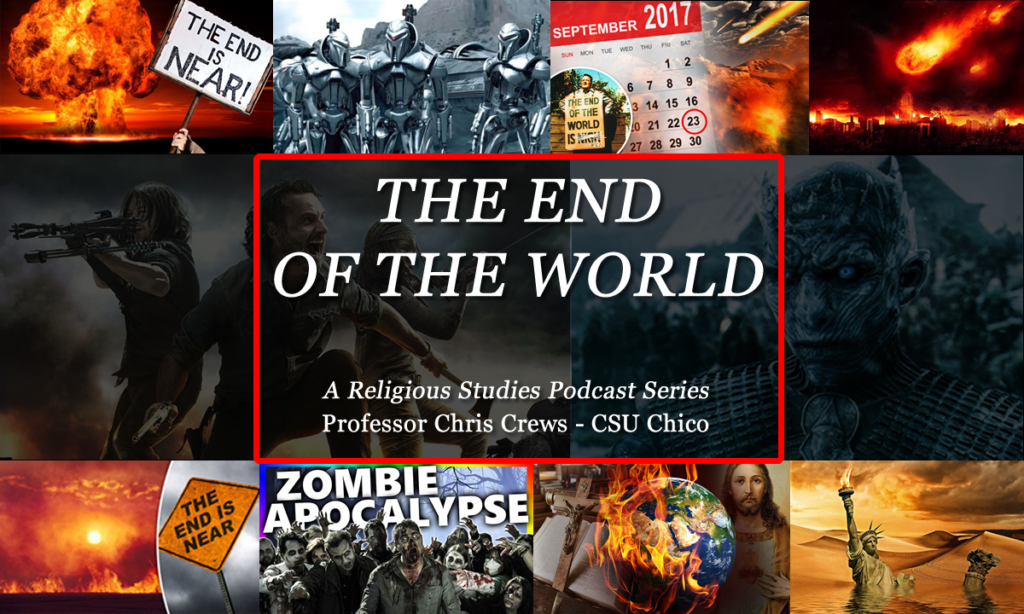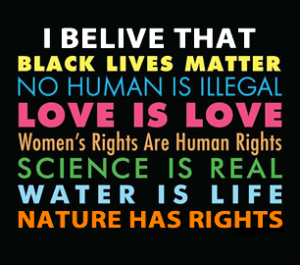Democracy, Peace and the Future
This post was written for my Western Political Thought course at Seton Hall University, where we are wrapping up our week of discussions and readings on democracy, war, peace and the future of global politics.
In our final class before we start wrapping up the semester I want us to look at the final theme of democracy and peace in the context of popular culture and political rhetoric. As we have seen throughout the semester, the idea of democracy is ever-changing. It adapts to the time and place and culture in which its values—or perils—is being debated and discussed. The direct democracy of classical Athens, Greece was very different from the democracy Alexis De Tocqueville experienced in early American Republic. And both of these are a far cry from what we think of as 21st century liberal democracy—a concept which Alan Ryan suggests would have been shocking to early political thinkers who often viewed Liberalism and Democracy as opposing ideals.
To think a bit more about these ideas, and the relationship between questions of democracy and political change—from global military conflicts to era-defining national moments—I have put together a series of short video clips capturing some of the historical debates over the theme of Democracy, Peace and the Future.
Each video speaks to us from a particular moment in time, and captures some of the spirit of the generation in which it was produced. As you watch these clips, think about how our discussions and readings on democracy, human nature, the state, questions of justice, democracy and critiques of liberalism or communism are evident in some form.
PART I – Real Politik
The Great Dictator
Perhaps one of the best known actors in the era of silent movies, Charlie Chaplin’s performance in The Great Dictator speaks directly to the issues of ultra-nationalism, irrational politics, militarism and the essential nature of humans in a powerful and moving way. This clip, which comes near the end of the movie, is one of the most iconic scenes in film history, and a testament to the power of the “Great War” and the importance of the fighting against authoritarian political states.
I Have a Dream – I’ve Been to the Mountaintop
Dr. Martin Luther King Jr. was famous for his many impassioned speeches against Jim Crow segregation in the American south and in defense of civil rights for Blacks. Whether marching in Selma, Alabama or Washington, DC, Dr. King’s presence left a unique legacy on the civil rights movement in America that has been deep and long lasting. In the first of the two clips from Dr. King we hear him discussing his famous dream of a better future from the March on Washington.
The second clip of Dr. King is taken from his famous last speech (April 3, 1968), given the evening before his assassination. Dr. King speaks passionately against the continued attempts by white segregationists to block civil rights reforms in the south, and reiterates the values of American freedom as protected by the Constitution. Watching his speech in retrospect, one can’t help but wonder if Dr. King sensed his own death was imminent.
The Death of a King
No one expected the assassination of Dr. King early in 1964. An entire generation still reeling from the assassination of President John F. Kennedy now suddenly found itself without its most eloquent public figure. Bobby Kennedy was in Indianapolis, Indiana at the time, and found himself at a large public event in which he had the unfortunate task of announcing to the assembled crown that Dr. King had been killed earlier that day, news which shocked the assembled crowd. Bobby Kennedy’s impassioned plea for calm and racial unity offers some important insights for our own troubled and divisive times. In just two short months, Bobby Kennedy would join list of assassinated political figures of the 1960s, along with his brother JFK, Malcolm X, and Martin Luther King Jr.
A Time for Choosing – We the People – Patriotic Education
The Civil Rights movement has come and gone, ushering in the beginnings of a new cultural shift informed by the Cold War and the resurgence of conservative social and religious politics. Out of this mix one figures above the crowd, in the process moving from the Silver Screen to the Oval Office. His name was Ronald Reagan, and the Reagan Revolution would usher in a new era of conservative American politics. In the three short clips here, we hear Reagan speaking to the rising anti-communist fervor in America, the special values of American freedom, and why an education in freedom is essential for every American youth.
PART II – Pop Culture
A Grand Army of the Republic
Internal divisions in the Imperial Senate and trade disputes leading to armed conflicts in the Federation causes Jar Jar Binks to make a motion in the Senate granting Vice Chancellor Palpatine Emergency Powers, a move the Senate accepts. This democratic decision ultimately leads to the collapse of the Imperial Senate and the rise of Emperor Palpatine and the return of the Dark Side. As we see in this clip, the threat of war and fear of political instability can be a dangerous weapon pushing a nation into preemptive military action in the hopes of preventing a greater tragedy in the future. But as we know from the eventual emergence of the Rebel Alliance fighting against the Empire, well intentioned plans can still go horribly wrong.
There is Something Terribly Wrong with this Country
Originally a graphic novel, V for Vendetta brought the reality of authoritarian politics in the 20th century, where war, terror and disease lead the public to give up their freedoms and civil liberties to a strong leader out of fear. What happens when that desire for safety becomes tyrannical? V for Vendetta offers one take on how to respond to such a state in the name of freedom and liberty.
America is Not the Greatest Country in the World
Sometimes fiction is stranger than reality. Other times fiction is a mirror into contemporary politics of an era. This short clip from HBO’s tv series The Newsroom brings the contemporary politics of American nationalism and patriotism front and center. In response to a question from the audience, news anchor Will McAvoy turns the question around about why America is so great—or as argues—used to be, and why we have lost this spirit of American greatness.
Nobody Speak
Perhaps no recent video better captures the spirit of democratic decline in Washington as seen by the American public as DJ Shadow and Run the Jewels “Nobody Speak”. The video, a parody of Congressional politics and the devolution of bipartisan and civic engagement captures well what many Americans tell pollsters time after time—politics in America is broken and needs fixing.


